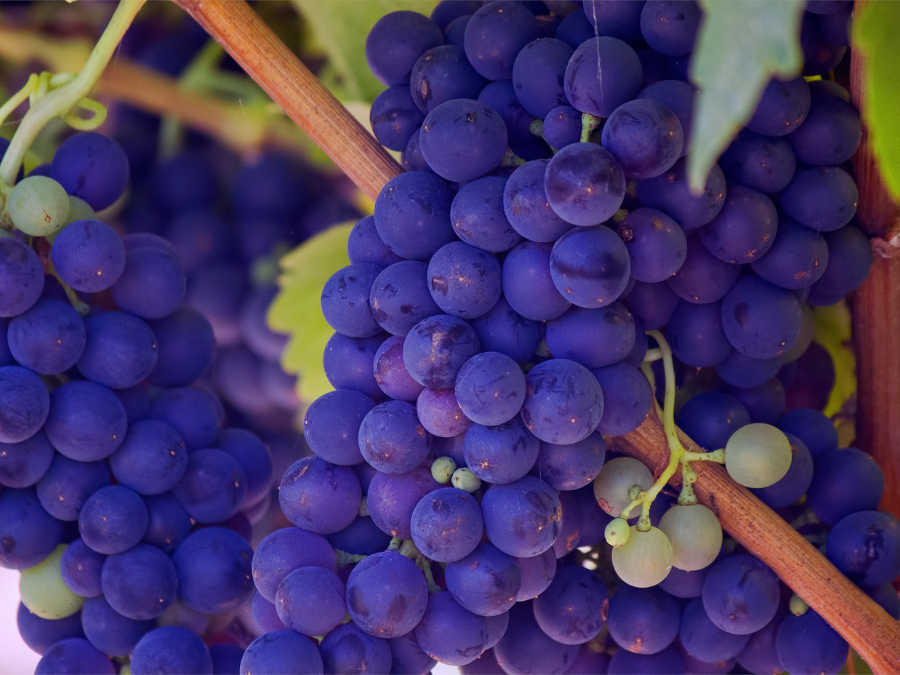
The European Commission has taken “exceptional measures” to combat the current market imbalances within the EU wine sector by approving crisis distillation
In order to tackle reduced consumption – blamed on inflationary pressures hitting consumers – and high levels of stock, the EU will compensate vintners who engage in crisis distillation.
Surplus wine in affected regions can be turned into spirits with a high alcohol content, often used as biofuels or in industrial applications. However, the EU has stipulated that the spirit can not be used for the food and drink industry to avoid a “distortion of competition”.
Figures released by the EU Commission show wine production up by 4% this year YoY, while stocks are also higher by 2% compared to the average of the last 5 years. Consumption, however, is on the wane, with Portugal estimated to drink 35% less wine in 2023 than last year. German consumption is predicted to fall by 22%, with France and Spain also expected to record double digit YoY declines.
Red and rosé wines are the most heavily affected by the change in market conditions, but the sector imbalance is uneven across the EU and is concentrated in particular regions and wines.
“This market context is translating into sales difficulties for EU wine growers and producers, reduction of market prices and consequently, a serious loss of income especially in certain regions mostly hit by these trends,” the EU Commission stated.
The measures were approved by member states in committee and announced this month. Vintners have until 15 October 2023 to distil wine and their member state of origin is expected to notify the EU Commission by the 31 August 2023 that crisis distillation is taking place.
The EU Commission stated that the financial compensation granted to wine eligible for distillation would be limited to a share of recent market prices. This, it said, would “avoid any abuse or overcompensation following the implementation of this exceptional measure”.
This is not the first time oversupply of wine has been an issue in Europe. In 2007, it was estimated the EU commission spent €500m on projects to remove surplus wine.
During that crisis, the EU proposed a number of reforms, including approving grubbing up – the reclamation of land for other agricultural uses – in order to reduce the wine production landscape by 175,000 hectares.
The Commission has not yet resorted to similar measures to solve current overproduction woes, although it has provided some crisis funding for vine pulls in particularly badly hit areas such as Bordeaux.
The EU Commission has also given its wine producers extra “flexibility” with regards to its wine support and financial programmes. EU co-financing rates for vineyard projects relating to green harvesting, vineyard restructuring and promotion will be upped from 50% to 60%.
The measures come into effect as of 23 June 2023.
The EU added it had appointed an overall budget of approximately €1bn towards supporting the wine sector in 2023.



